10 Essential Tips Before You Travel to Athens
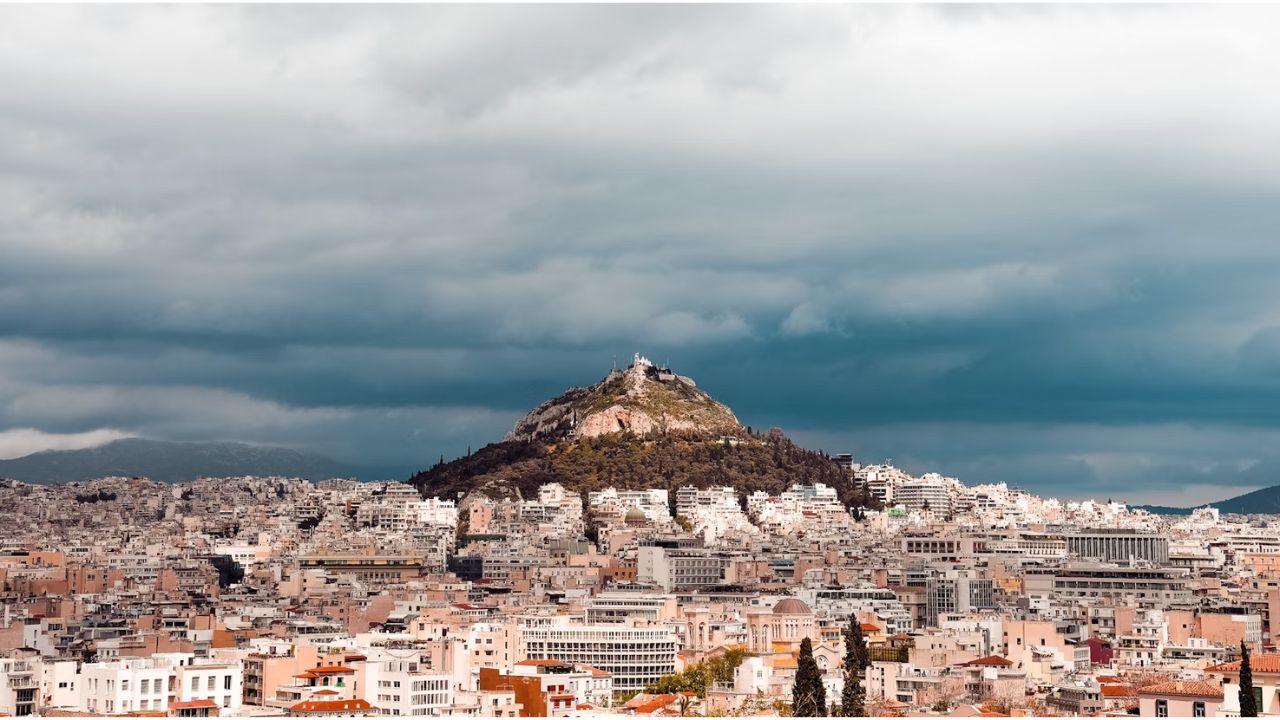
Athens dazzles with its blend of ancient ruins, lively streets, and Greek charm. But a smooth trip takes some planning. From navigating public transport to knowing when to visit the Acropolis, small decisions make a big difference. Whether you’re a first-time visitor or returning to explore deeper, these tips will help you get the most out of your stay in the Greek capital. Here are 10 essential things to know before your trip, designed to save you time, money, and stress while enhancing your overall experience.
Stay Near the City Center
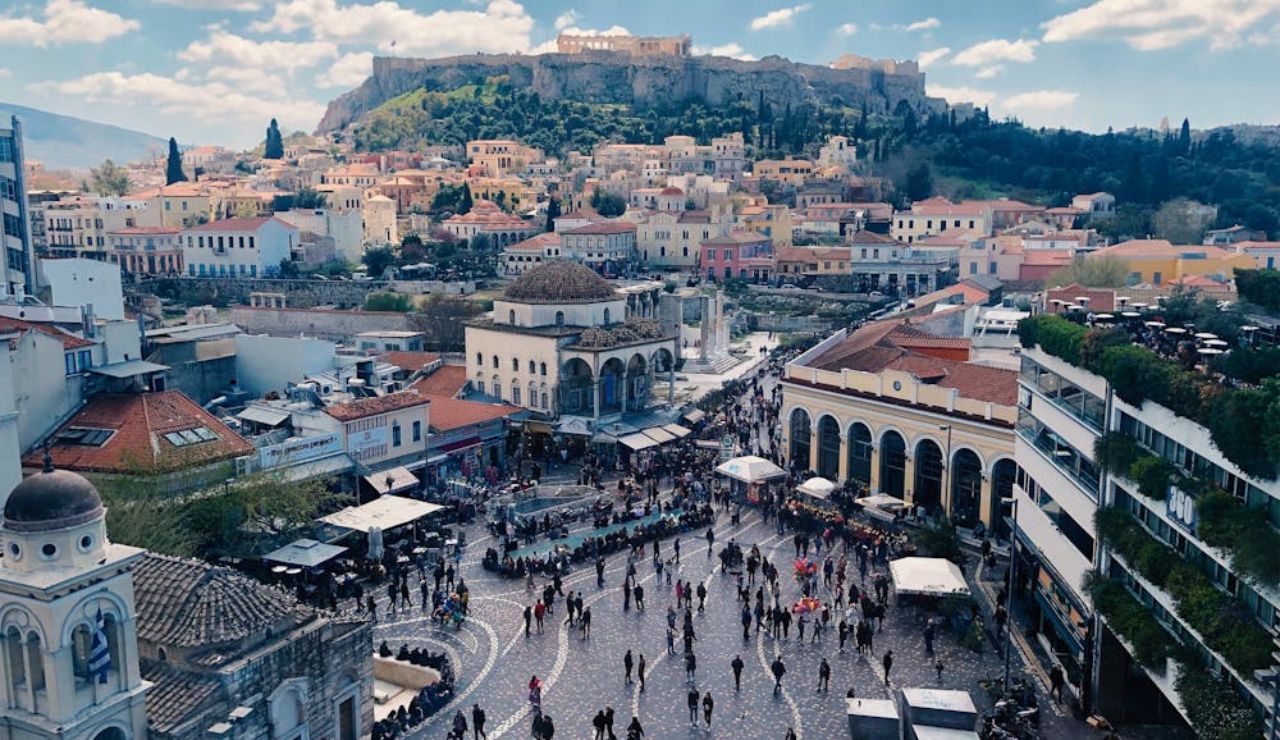
Choose a hotel in Plaka, Monastiraki, or Syntagma Square. These central areas keep you close to the Acropolis, museums, and markets. You’ll save on transport and enjoy walking to major sites. Cafes, tavernas, and shops line the streets, giving you a full taste of local life. Many hotels here are reasonably priced, and you can even score a view of the Parthenon. Staying central also means safer streets, better nightlife, and quicker access to day tours and ferries from Piraeus.
Avoid the Summer Heat
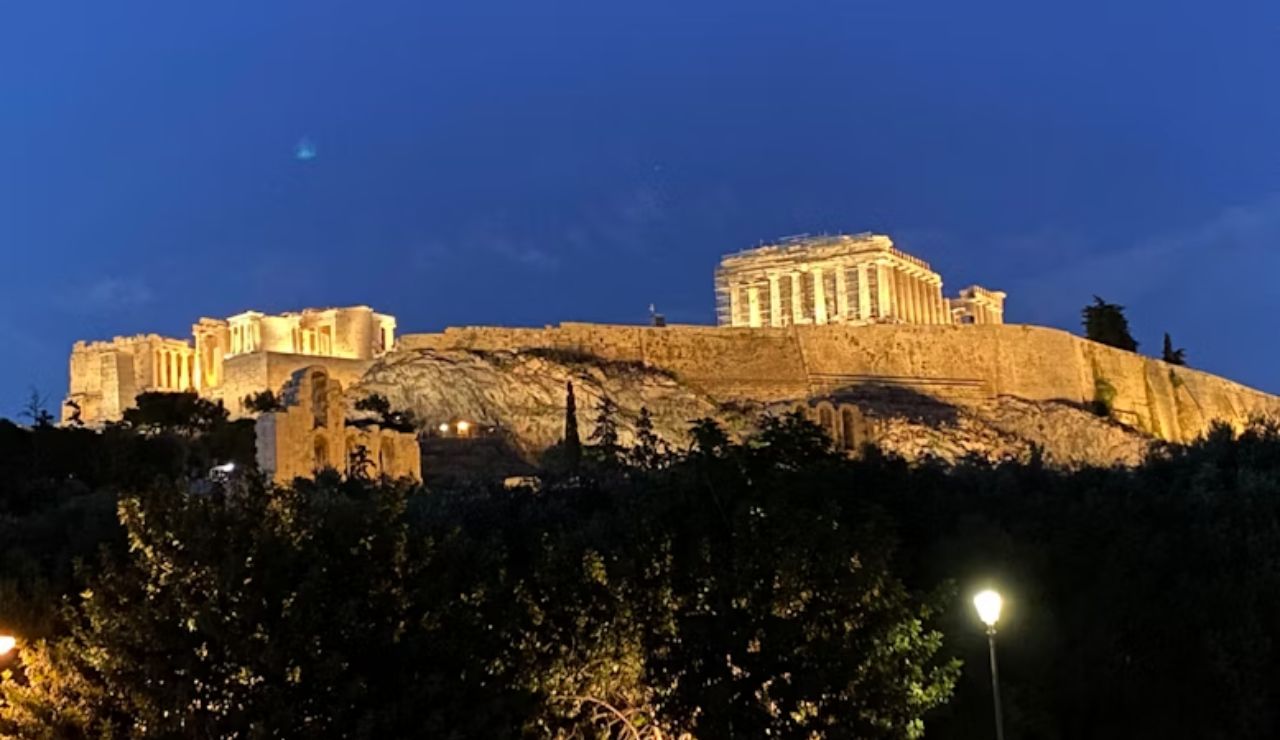
Athens summers are brutally hot, with temps often hitting 100°F. To avoid heatstroke and crowds, plan your trip in spring (April–June) or fall (September–October). If you must visit in July or August, consider sightseeing early in the morning, resting during midday, and exploring again after sunset. Carry water, wear a hat, and apply sunscreen regularly. Lightweight clothing and shade-hopping are your friends. Heat can ruin your day fast, so respect the weather and plan accordingly.
Ticketing for Ancient Sites
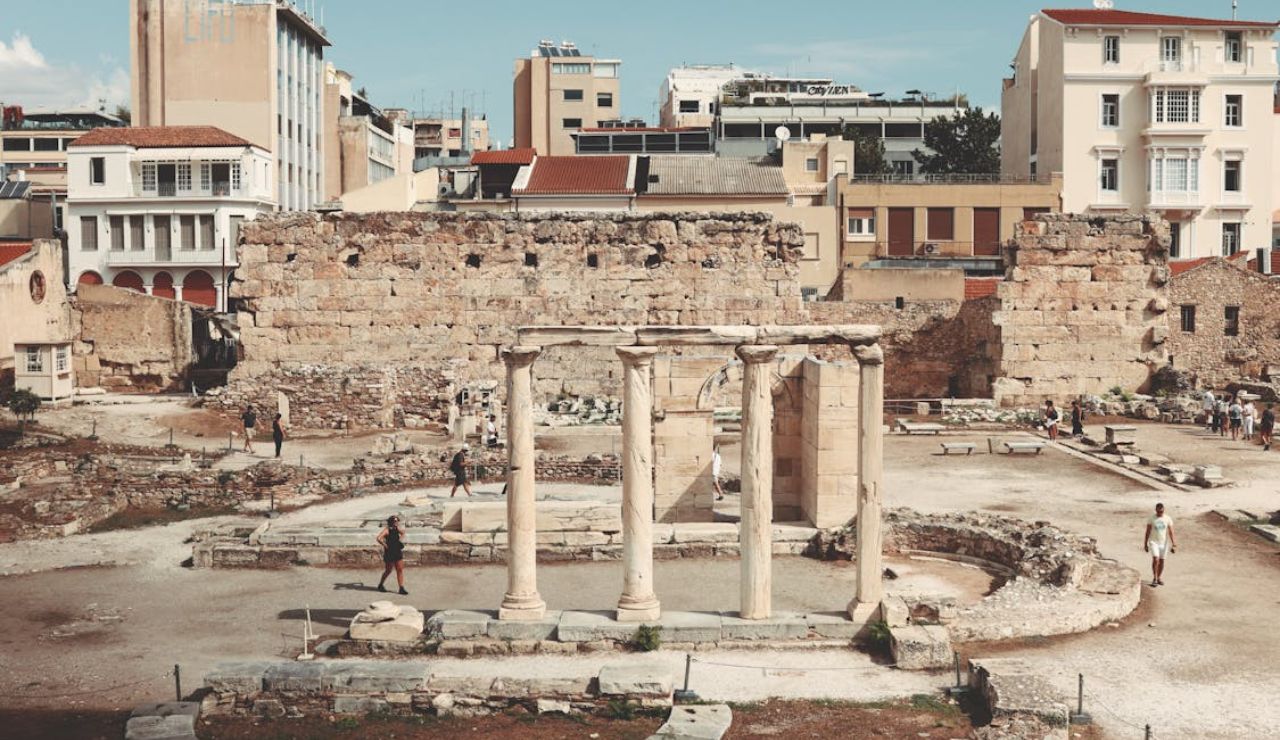
The popular government-issued combined ticket for multiple major ancient sites in Athens, including the Acropolis, Ancient Agora, and Hadrian’s Library, was discontinued in April 2025. Now, visitors must purchase separate tickets for each site they wish to visit. While there may be some third-party combination packages, there is no longer an official €30 pass. Check official websites for updated ticket information. Always carry your ID when using discounted tickets. Use any extra money you save on local food or souvenirs.
Watch Out for Pickpockets

Pickpockets are active in Athens, especially in crowded metro stations, markets, and tourist spots like Monastiraki and Syntagma. Keep your phone, wallet, and passport close, preferably in a zipped crossbody bag. Avoid keeping anything valuable in your back pocket. Be extra alert in busy areas and on public transport. Distractions like someone asking for directions or bumping into you could be a trick. Don’t let this ruin your trip, stay aware and keep your belongings secure.
Try Local Food Beyond Gyros
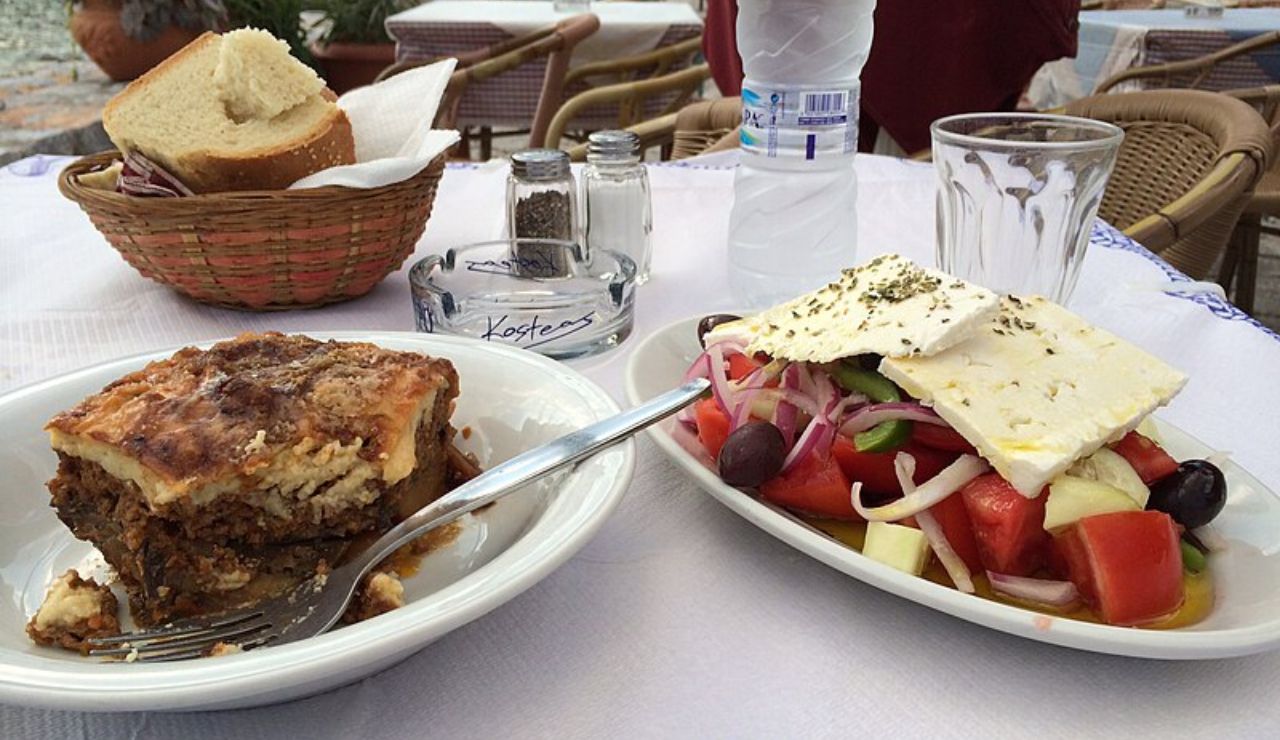
Greek food goes far beyond gyros. In Athens, try moussaka, pastitsio, grilled octopus, and fava dip. Visit a traditional taverna for slow-cooked dishes and fresh seafood. Loukoumades (Greek donuts) make a perfect dessert or snack. Local markets like Varvakios Agora offer authentic tastes and a glimpse into daily life. Don’t skip Greek coffee, it’s strong and delicious. For vegetarians, options like spanakopita (spinach pie) and dolmades (stuffed vine leaves) are flavorful and filling.
Use Public Transport Smartly
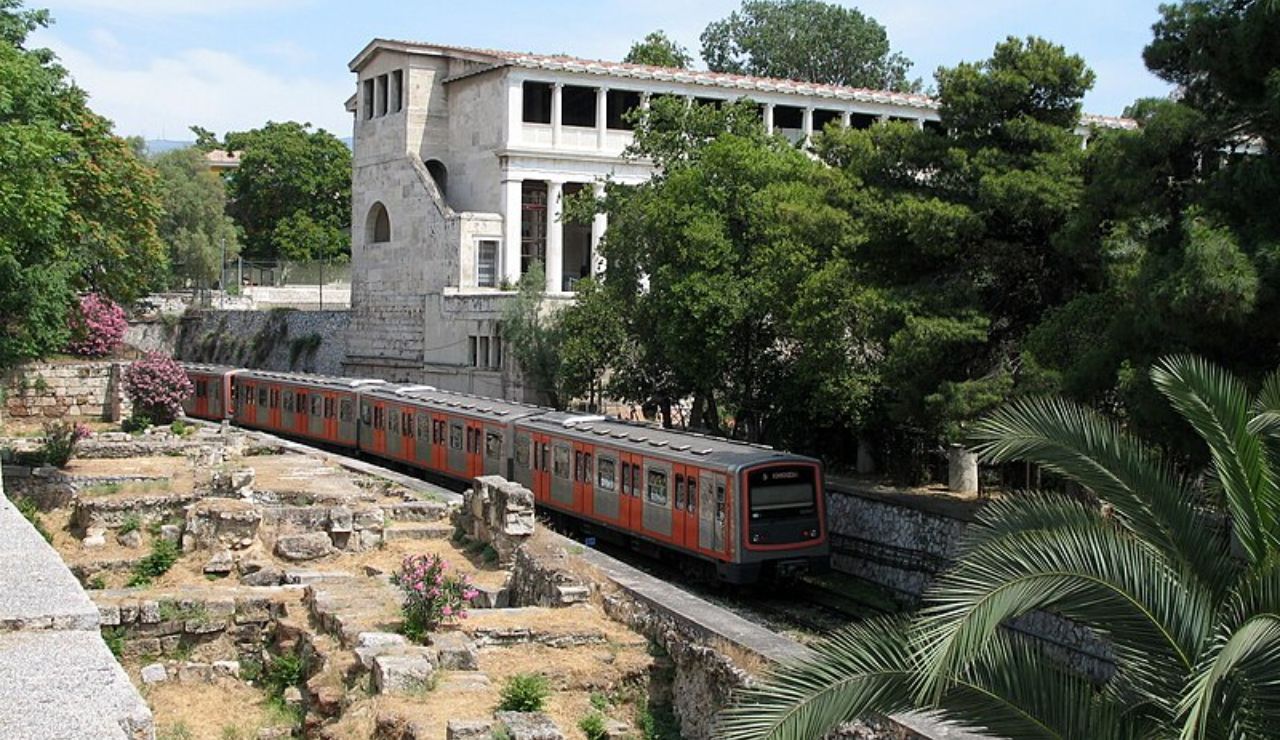
Athens has a solid public transport system with metro, buses, and trams. The metro is your best friend, clean, fast, and easy to navigate. A 3-day tourist pass includes airport transfers and unlimited rides. Avoid taxis unless you use apps like Beat, which are safer and transparent. Maps and signs are in English, but always double-check routes before boarding. Metro Line 3 takes you straight from the airport to Syntagma Square. It’s cheap, safe, and tourist-friendly.
Respect Sacred Sites
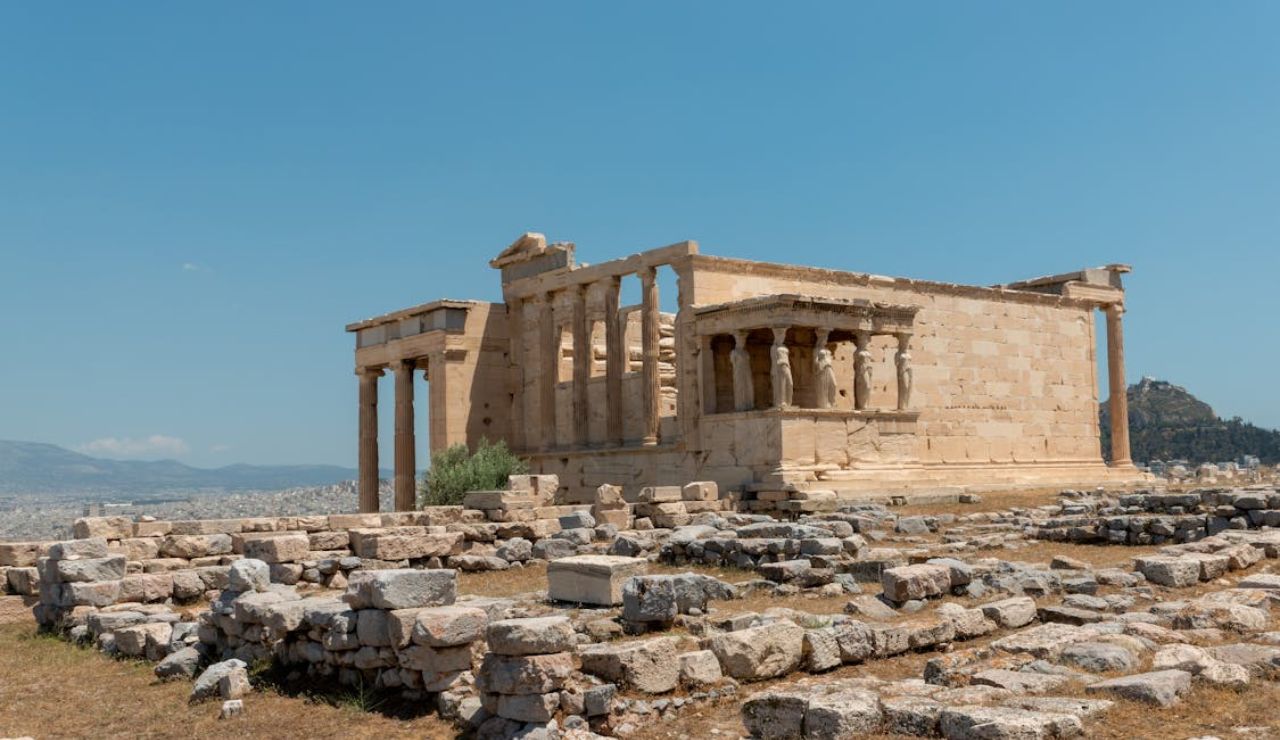
Many ruins and churches in Athens are still sacred to locals. Don’t touch ancient structures or climb onto restricted areas, even for a better photo. When visiting churches, wear modest clothing, cover shoulders and knees. Flash photography and loud conversation are considered rude. Always follow posted rules and respect the space. These places aren’t just tourist spots, they’re part of Greek heritage and identity. A little respect goes a long way and keeps sites preserved for others.
Visit Museums on the Right Days
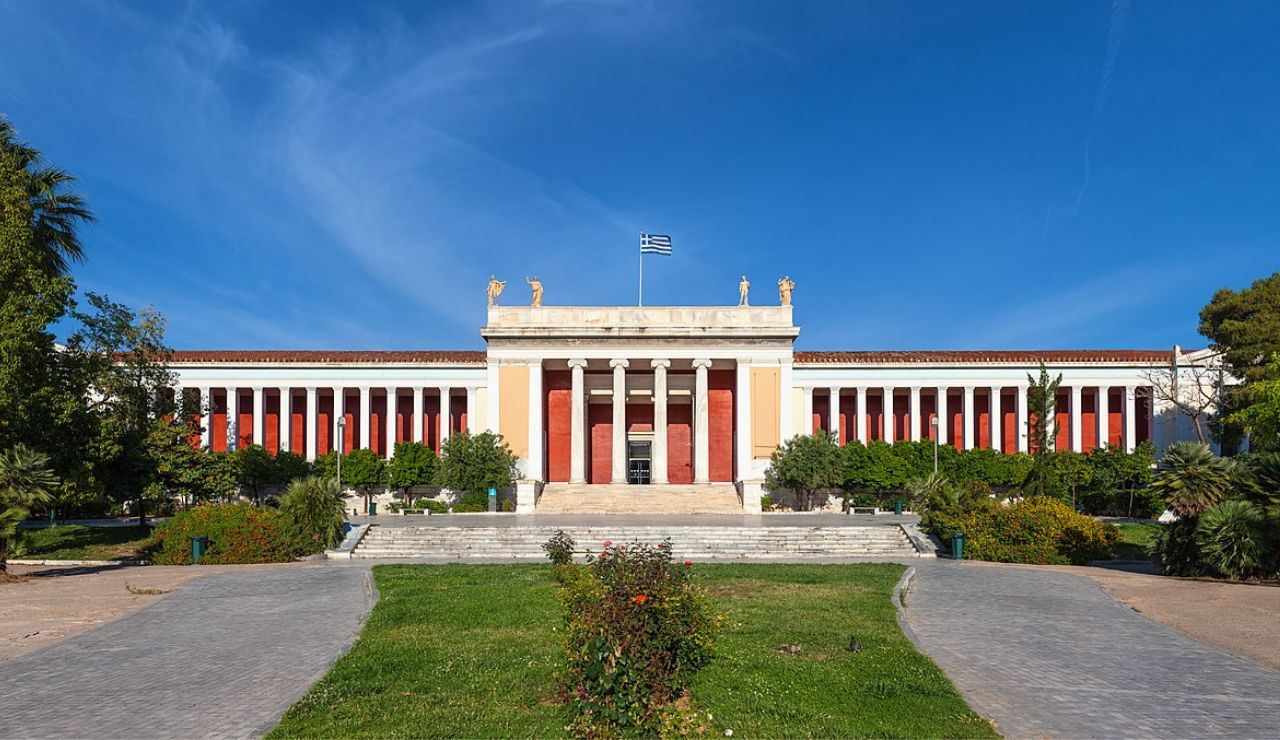
Museums in Athens often offer free entry on specific days. The Acropolis Museum and National Archaeological Museum are free on the first Sunday of each month (November to March). It’s smart to check the site dates, particularly around Greek national holidays. Visiting then can save money, but expect larger crowds. Check each museum’s website for updates. Arrive early to avoid waiting in line. Even on regular days, some have reduced evening prices.
Catch the Changing of the Guard
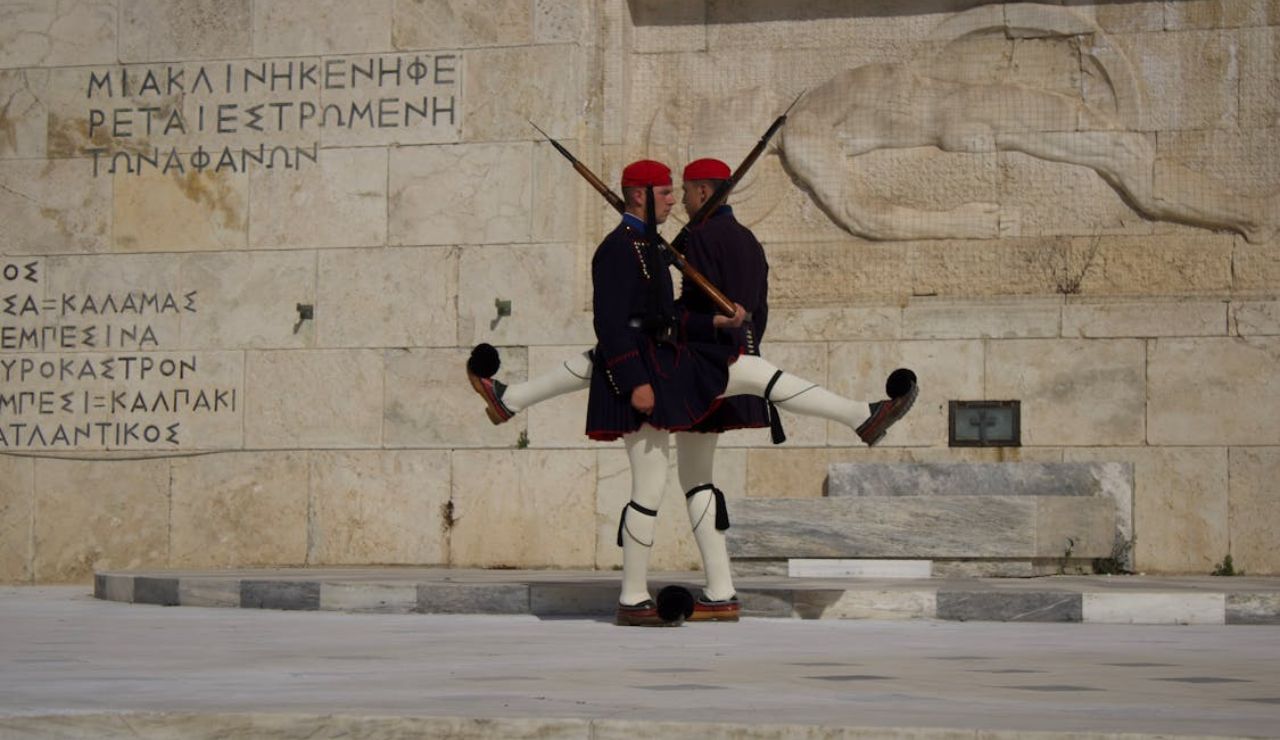
In front of Parliament at Syntagma Square, the Evzones guards perform an hourly changing ceremony. It’s short but unique, with traditional uniforms and synchronized moves. On Sundays at 11 a.m., you’ll catch the full version with a marching band. Get there early for a front-row spot and great photos. This ceremony is more than a tourist show, it’s a proud tradition. Stick around after for a stroll through the National Garden nearby, a peaceful retreat from the city buzz.
Learn a Few Greek Phrases
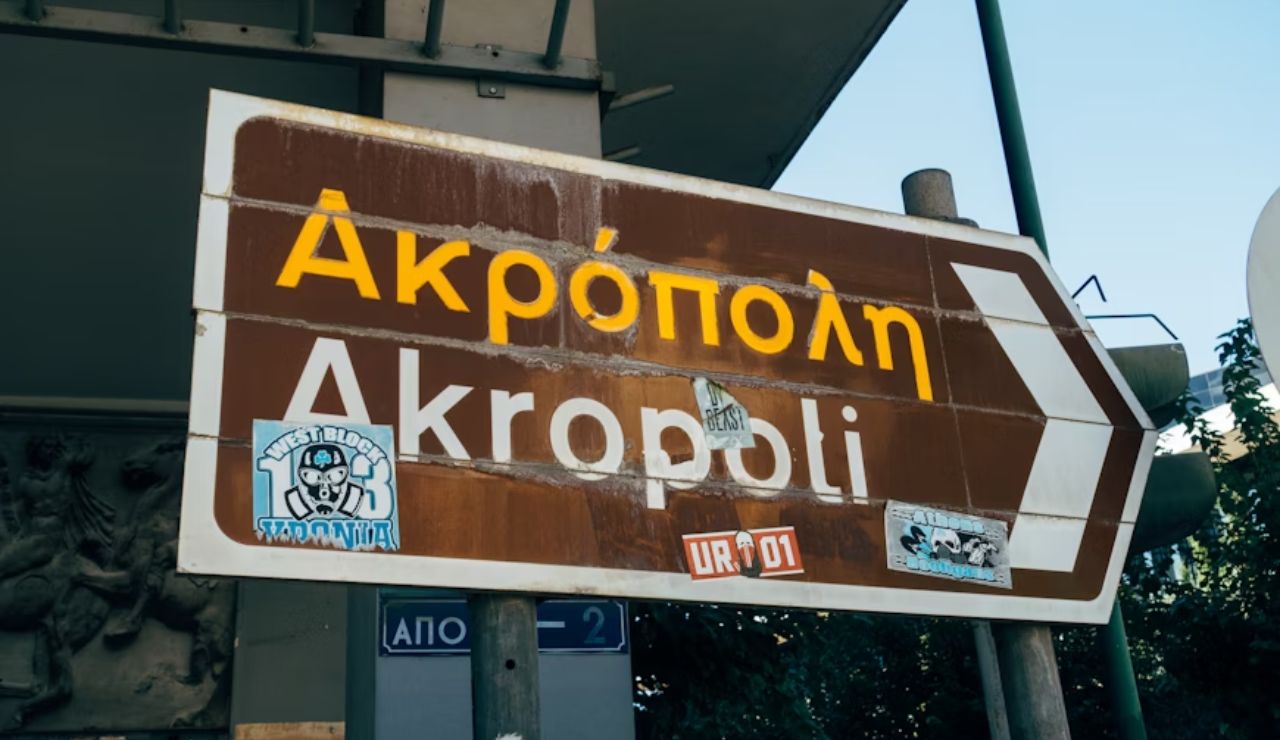
A little Greek goes a long way. Locals appreciate when you say “Kalimera” (Good morning), “Efharistó” (Thank you), or “Parakaló” (Please). It shows respect and can open doors to better service or friendly chats. English is widely spoken, but learning key words helps you navigate menus, shops, and transport more easily. Use a free app like Duolingo to practice before your trip, or jot down a few phrases. A smile and effort in the local language are always welcome.